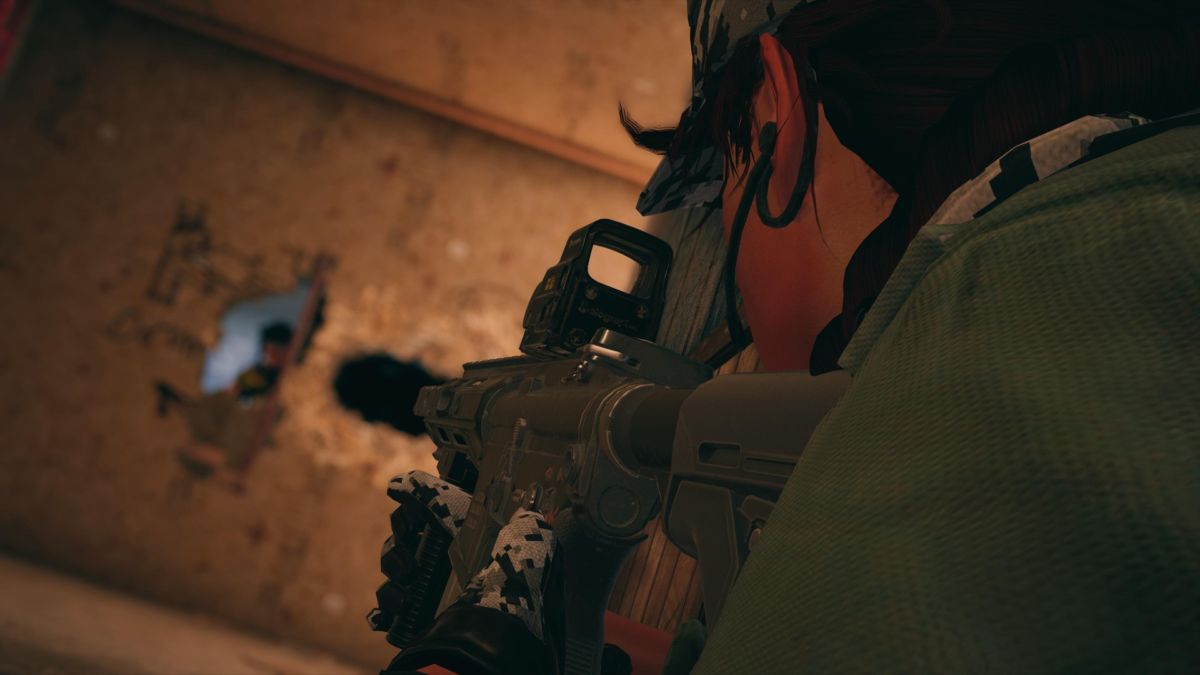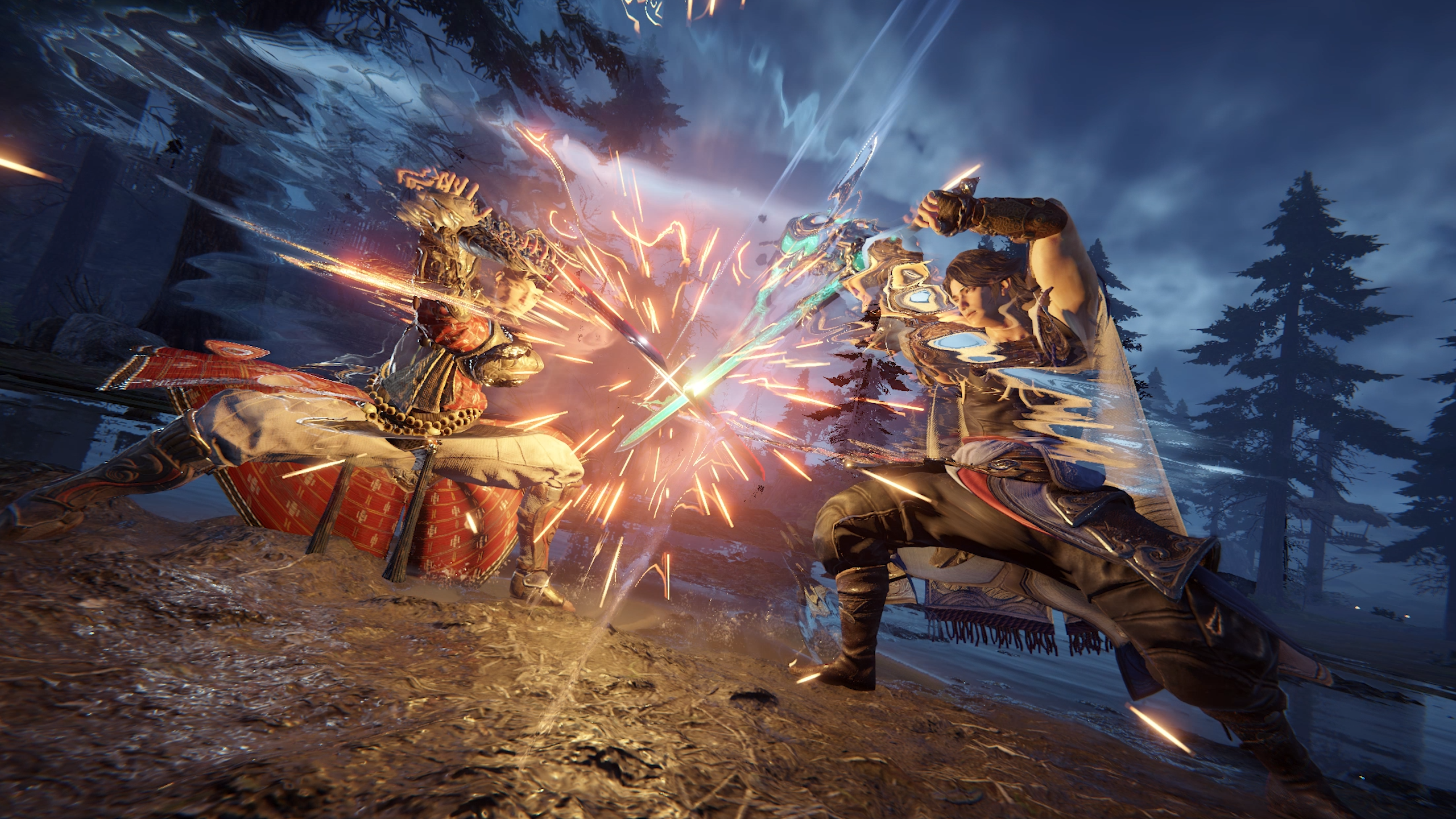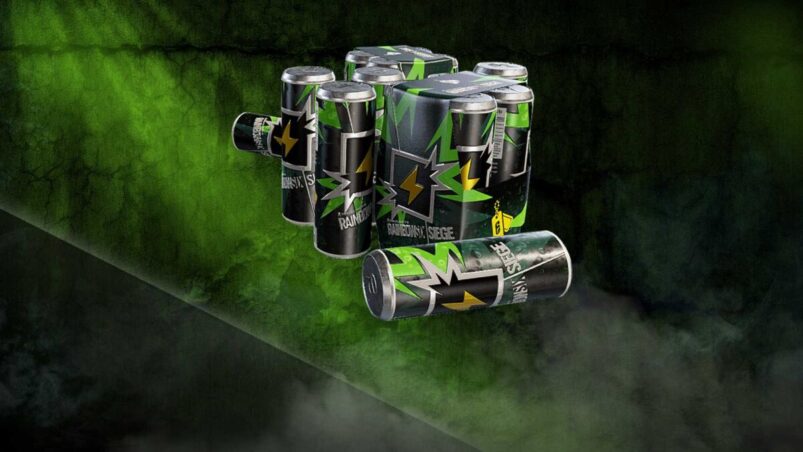We live in a gaming landscape where multiplayer games offer a range of incentives to encourage players to keep playing over the weeks and months. Whether or not you agree with being bombarded by battle passes, daily and weekly challenges, and limited time modes designed to keep your attention focused on one game and one game alone, it’s clear that these features are here to stay.
One such way games try to demand your attention, even for a short time, is via boosters designed to increase your XP, your battle pass progression or even increase your in-game currency. Unfortunately, most of these boosters use real-time to govern how long you’ll receive the benefits, which feels like an incredibly anti-consumer move, and one that disrespects a player’s time and energy.
It’s a trend that’s been more noticeable considering I’ve been playing a lot of Rainbow Six Siege recently, which offers both Battle Pass point boosters and Renown boosters, the in-game currency used to unlock operators and certain cosmetics. Battle Pass point boosters can be active for 3 days, while Renown boosters can be active for 1, 3, 7, 30 and 90 days, depending on how many R6 Credits you want to spend.

By no means is Siege the worst offender for it, as activating a booster also triggers some additional benefits for all of your teammates too. Plus, offering them for an entire day at least means you’re likely to get as much out of your booster as you want. It still forces you to engage with the game or suffer a wasted booster, but it could be argued that those 24 hours are enough to get what you want out of them.
If anything, the worst offender is Halo Infinite. While it might have the right idea in making Battle Passes a permanently purchasable item, the fact that XP boosters only last for an hour is absolutely ridiculous. During the game’s launch, I ran into multiple occurrences where I activated a booster only to spend 10-15 stuck trying to get into a Big Team Battle match because that’s where my challenges were. Not having that hour based on match time means any time spent matchmaking or dealing with technical issues is time wasted, which sucks, especially if you paid money for those boosters.
Shockingly, the one game which has managed to nail how XP boosters should work is Naraka: Bladepoint, which recently launched on Xbox as part of Game Pass. This battle royale/samurai slasher hybrid is just as crammed with challenges and diversions to demand your attention, but features XP boosters that are active on a match-by-match basis. If you activate a five match XP booster, it’s good for the next five matches, even if you want to log off and play something else for a while. There’s timed XP boosters too, but also having the other type of boosters at least gives players the choice.

With all the weekly challenges and focus on constant progression via battle passes, it feels like it’s harder and harder to enjoy multiplayer while still finding the time to play those epic single-player adventures. I would like to sink my teeth into Dragon’s Dogma, but I foolishly spent money on that Siege battle pass, so clearly I can’t play anything else until I use my boosters effectively and get to tier 100.
I understand that developers require retention in order to keep multiplayer games viable, so having booster operate in the way they do makes business sense, but it’s genuinely nice to see a game like Naraka give you the option to keep the game at an arm’s length. You can just log in, do your daily challenges and still have your XP booster ready to go, instead of it timing out while you were asleep. I’m not saying that all multiplayer games should go for the match-by-match booster approach, but I’d definitely be a lot happier with Siege if its boosters were based on the amount of matches and time spent in them, rather than an arbitrary 24 hours.
READ MORE: 25 Best Switch Multiplayer Games You Should Play
Some of the coverage you find on Cultured Vultures contains affiliate links, which provide us with small commissions based on purchases made from visiting our site.

